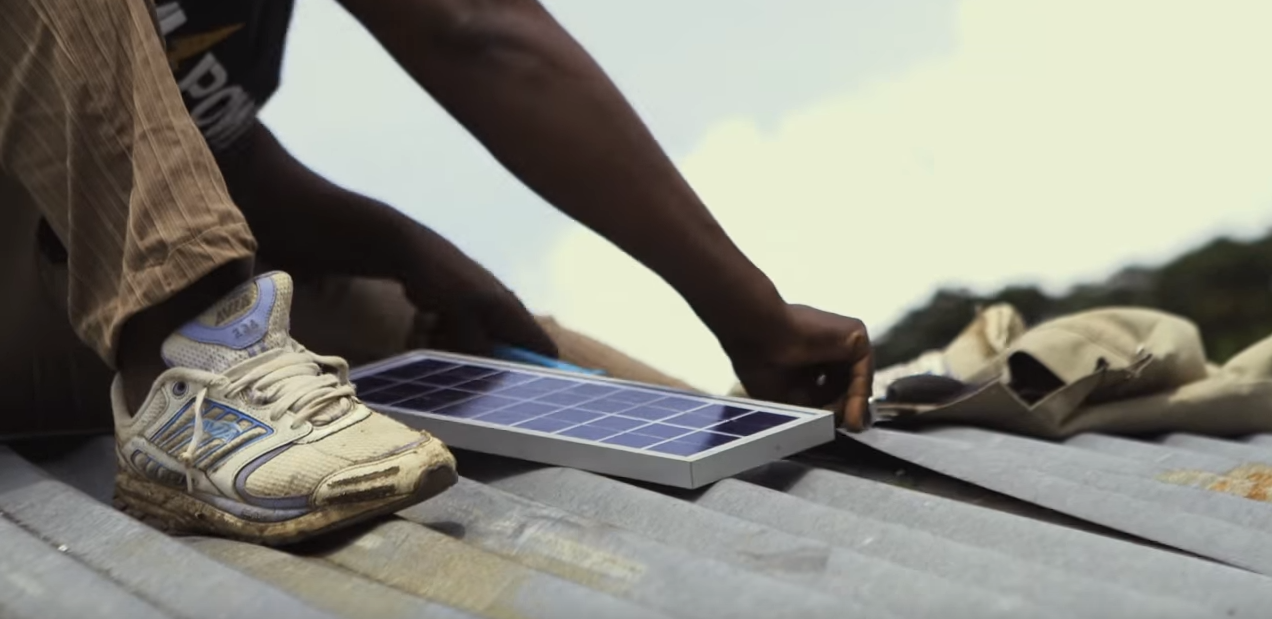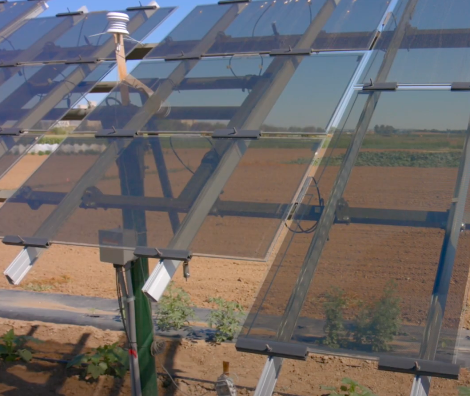
In Africa’s quest for power sufficiency, there is a vehicle, a driver and the passengers. With the private sector/investor’s interest being the driver, governments & policies, the “vehicle” must be optimized. African governments (through policies) are the most potent vehicle for optimizing Mini Grid, Off Grid (MG-OG) opportunities in that continent. MG-OG power solutions are too often neglected by both investors and power policy makers.
Nigeria – Africa’s largest economy is one of the emerging economies with an immense and untapped potential for MG-OG. The adoption of regulatory frameworks that will incentivize mini-grid investment has the potential to open a whole new alley of opportunities within the economy, but the policies have to be accommodating:
Broad Incentives for Mini-Grid & Off Grid investments
Private sector apathy to mini grid investments could be a consequence of poor assessment unfriendly policies and limited understanding. African governments can raise investment interest in MG-OG, by developing a robust framework of incentives and policies. These incentives will raise both feasibility and bankability of Mini-grid projects. The familiar frameworks of tax holidays, import waivers, streamlined licensing, intervention funds and long term capacity building initiatives remain viable tools for demonstrating government support.
Public-Private sector partnerships for the use of smart grid management solutions which is becoming common in the energy market, offers an opportunity for a cluster of mini grid plants to be co-managed. This will provide a single and simplified tool for both regulation and operational control with the inevitable advantage of cost reduction. Panasonic has developed a distributed energy as a service tool that is capable of being used to co-manage platforms.
Detrimental main grid policies
 In some countries, private sector appetite for MG-OG investments is sufficiently high, but tangible action is deterred by skewed policies. These policies favor grid-electrification, to the detriment of MG-OG. This is a direct consequence of decades of utility sector dominance by state-owned companies. Energy sectors in Africa were run mainly by monopolistic laws & regulations that inappropriately favored grid-electrification. These laws are only beginning to be reviewed in many African countries, to accommodate private sector participation. The scope has to be widened and the pace increased.
In some countries, private sector appetite for MG-OG investments is sufficiently high, but tangible action is deterred by skewed policies. These policies favor grid-electrification, to the detriment of MG-OG. This is a direct consequence of decades of utility sector dominance by state-owned companies. Energy sectors in Africa were run mainly by monopolistic laws & regulations that inappropriately favored grid-electrification. These laws are only beginning to be reviewed in many African countries, to accommodate private sector participation. The scope has to be widened and the pace increased.
There is a critical need to repel some conditions such as: regional power generation monopolies that favor only giant power plants or transmission/distribution exclusivities that hamper “off-grid” system deployment. This will create and support a level playing field. In addition, progress will be made by developing robust “Feed-in” systems and good “feed-in Tariffs” (FITs) that will enable mini grid operators to easily monetize their generated power within main grids. The solution can be found in regulations that lower the risks in mini grid investments, minimize potential conflicts with main grid systems and provide a well-defined channel for collaboration between all stakeholders. (Including communities).
Country-level development Plan for Mini-Grids
Because the MG-OG development case may vary from country to country and region to region, they are best developed contextually. These development cases for mini grids will take a number of factors into consideration. This includes; the overall market size, average rate of power consumption per household and comparative energy resource endowment (wind, solar & hydro). As many African nations move to widen access to modern energy in partnership with international interest groups, the role of a distinct, robust and well-crafted MG-OG development plan will be indispensable.
Locally (districts) driven investment vehicles
By virtue of the relatively small operational scope, an effective oversight and policy support for mini grid projects will need to be decentralized. National schemes for regulation and project support are often domiciled in centralized systems with excessive red tapes, long approval processes and near impossible requirements for licenses that can stifle mini-grid projects. By decentralizing the scheme for regulating and supporting MG-OG (concentrating the powers within states, districts or local governments) mini grid policies and government support frameworks can be more easily tailored to suit their small sizes.
Without a tailored policy and clarity in pursuing MG-OG developments in Africa, the lucky side of the energy solution coin may continue to be faced down.
Chijioke Mama is a Senior Energy Research Analyst and a Syndicated Columnist with research interests spanning Sub-Saharan Africa.
Chijioke.mama@yahoo.com
M: +2347061013333.
Images via Youtube





